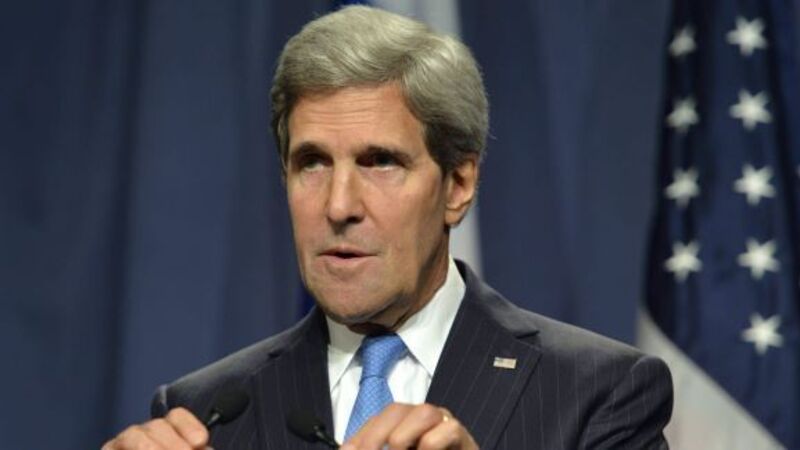Kerry edges closer to nuclear deal with Iran

“I want to emphasise there is not an agreement at this point,” Kerry said in Geneva yesterday, tempering expectations of an imminent breakthrough that could reduce the risk of a Middle East war over Iran’s nuclear aspirations.
“We hope to try to narrow these differences but I don’t think anybody should mistake there are some important gaps that have to be closed,” he told reporters.














